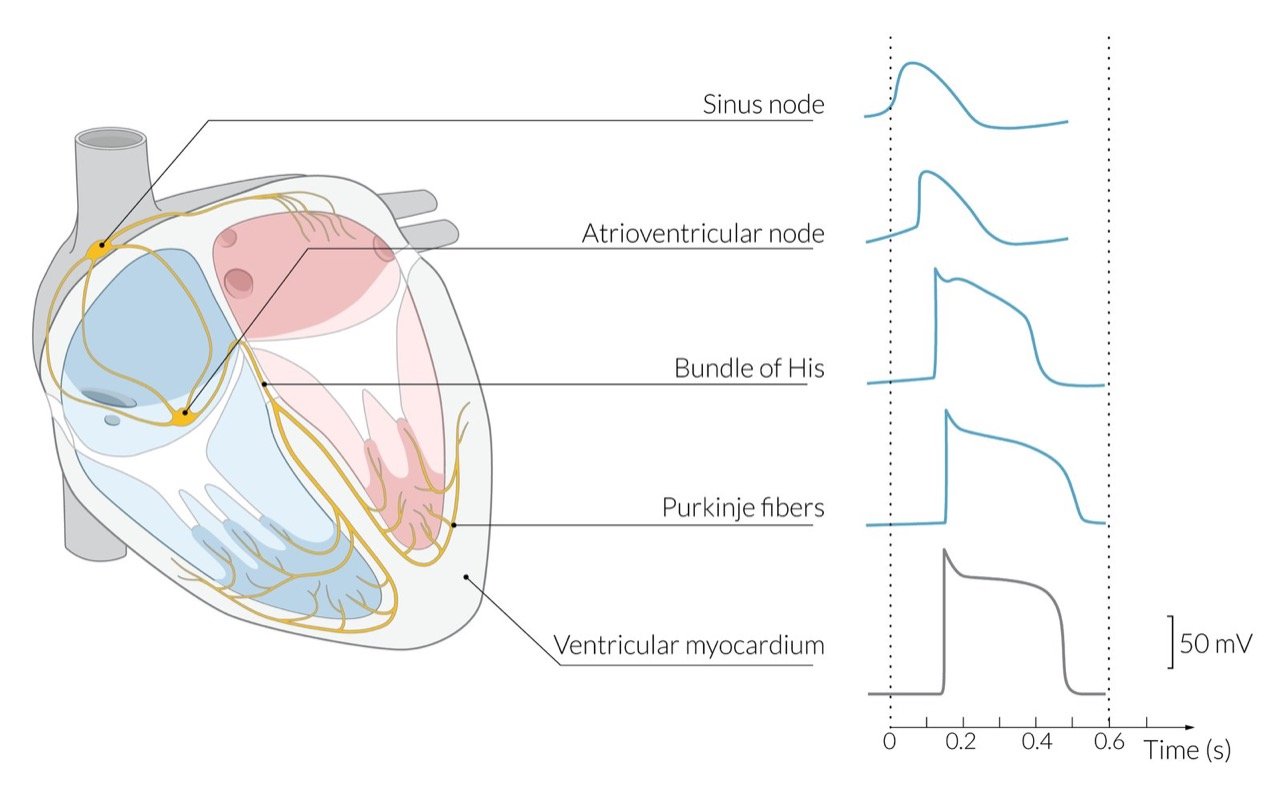- An arrhythmia is a change in the heart’s normal rate or rhythm.
- When an arrhythmia occurs repeatedly over time or causes symptoms such as
palpitations, lightheadedness, fainting (syncope), shortness of breath, or chest pain, it
requires treatment. - Antiarrhythmic drug treatment is designed to suppress arrhythmias by treating the
underlying cause of arrhythmia, to prevent conditions that contribute to arrhythmias, and
to manage arrhythmia symptoms. - Common medications used to treat arrhythmias include a category of drugs referred to
as antiarrhythmic agents, beta-blockers, calcium channel blockers, and digitalis.

Project info
- Category: Treatment



